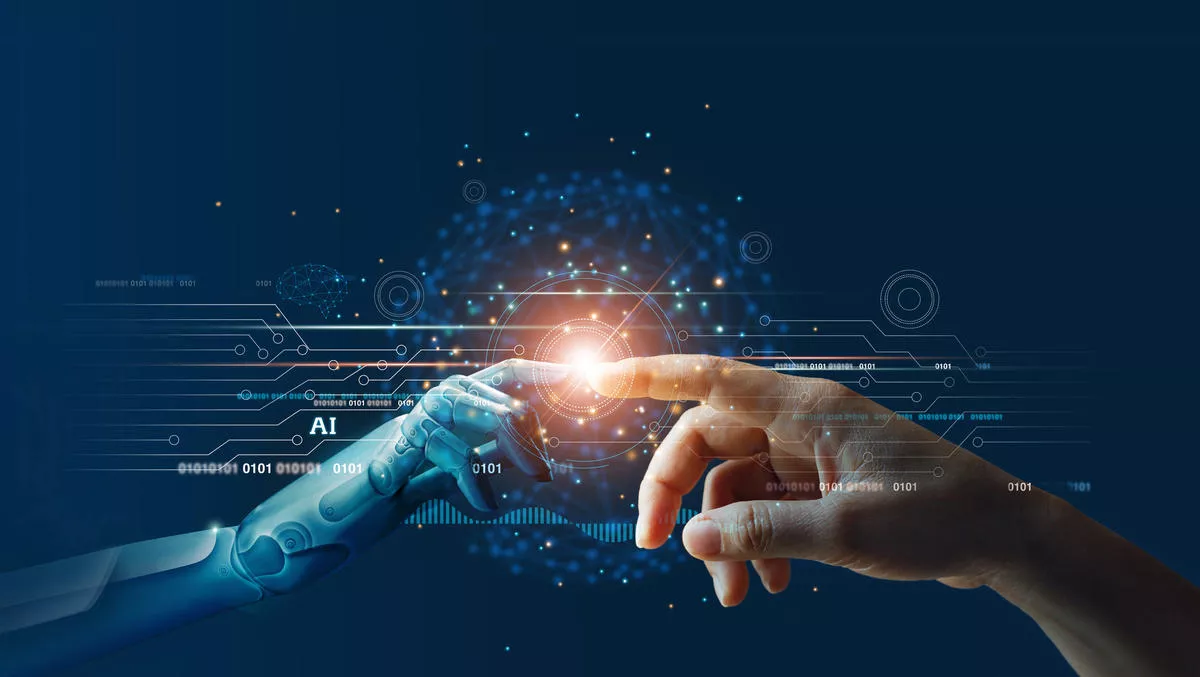
Humans VS machines: Focus must be on people - report
A new report from Accenture has revealed that while three quarters of Australian executives acknowledge collaboration between human and machines will be critical to innovation in the future, only one-third are currently using human-centric design.
The majority (72%) of Australian executives believe organisations need to dramatically reengineer the experiences that bring technology and people together in a more human-centric manner.
The "We, The Post-Digital People: Can your enterprise survive the 'tech-clash?," report surveyed more than 6,000 business and IT executives surveyed worldwide, including 327 in Australia. It found over three quarters (78%) of Australian executives acknowledge technology has become an inextricable part of the human experience.
"Due to the significant benefits of technology, organisations in Australia and across the world began to create digital products and services without fully considering all elements that impact humans, organisations and society," says Scott Hahn, technology lead Accenture, Australia and New Zealand.
"Coming on the back of the COVID-19 crisis, millions of people are now relying on technology to work virtually, or sell their products and services online," he says.
"As organisations continue to adapt to this new reality we will see a heightened tech-clash caused by the tension between consumer expectations, the potential of technology, and business ambitions — and are now at an important leadership inflection point.
"We must shift our mindset from 'just because' to 'trust because' — reexamining our fundamental business and technology models and creating a new basis for business resiliency and growth.
The report identified five key trends that companies must address to defuse tech-clash and realise new forms of business value that will be driven in part by stronger, more trusting relationships with stakeholders:
- The I in Experience. Organisations will need to design personalised experiences that amplify an individual's agency and choice. This turns passive audiences into active participants by transforming one-way experiences — which can leave people feeling out of control and out of the loop — into true collaborations.
Five in six Australian business and IT executives surveyed (87 per cent) believe that to compete in a post-digital world, organisations need to elevate their relationships with customers as partners.
- AI and Me. Artificial intelligence (AI) should be an additive contributor to how people perform their work, rather than a backstop for automation. As AI capabilities grow, enterprises must rethink the work they do to make AI a generative part of the process, with trust and transparency at its core.
The report shows three quarters (75%) of Australian executives acknowledge collaboration between human and machines will be critical to innovation in the future.
Currently, only 32% of Australian organisations report using inclusive design or human-centric design principles to support human-machine collaboration.
- The Dilemma of Smart Things. Assumptions about who owns a product are being challenged in a world entering a state of "forever beta." As enterprises seek to introduce a new generation of products driven by digital experiences, addressing this new reality will be critical to success.
Just over three-quarters (76%) of Australian executives report that their organisation's connected products and services will have more, or significantly more, updates over the next three years.
Over four fifths (81%) of Australian business and IT executives report their industry is moving toward offering more variety in ownership models for their connected products and/or services.
- Robots in the Wild. Robotics are no longer contained to the warehouse or factory floor. With 5G poised to rapidly accelerate this fast-growing trend, every enterprise must re-think its future through the lens of robotics.
Australian executives are split in their views of how their employees will embrace robotics as over half (52 per cent) say their employees will be challenged to figure out how to work with robots.
Additionally, 78% of Australian executives expect their organisations will use robotics in uncontrolled environments within the next two years.
- Innovation DNA. Enterprises have access to an unprecedented amount of disruptive technology, such as distributed ledgers, AI, extended reality and quantum computing. To manage it all — and evolve at the speed demanded by the market today — organisations will need to establish their own unique innovation DNA.
Seven out of ten (69%) Australian executives, believe that the stakes for innovation have never been higher, so getting it "right" will require new ways of innovating with ecosystem partners and third-party organisations.


